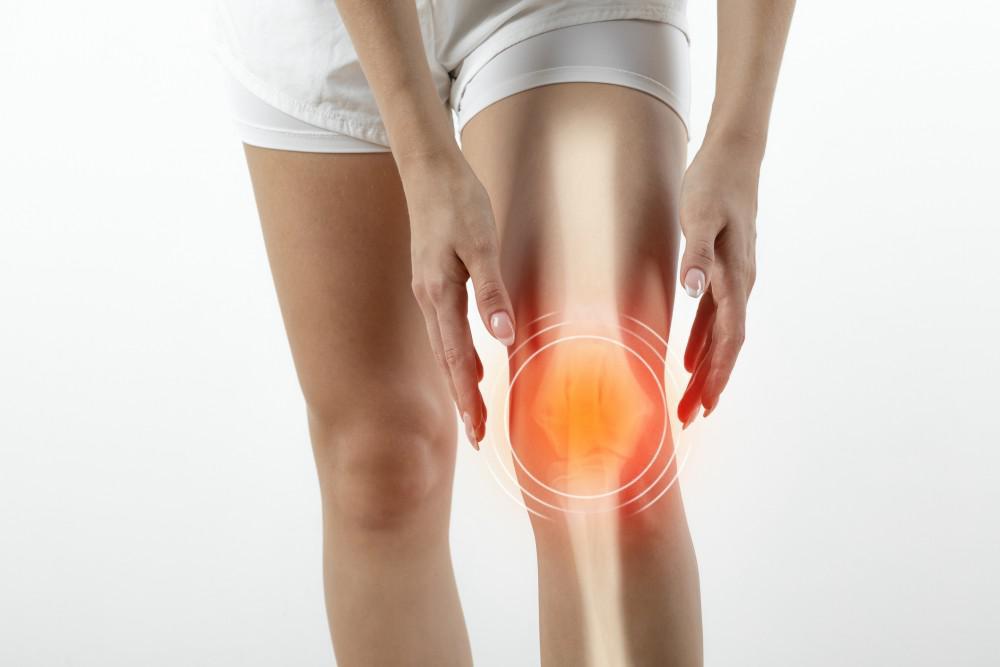
19 Oct When Should Knee Pain Get Medical Attention?
The knee is among the largest joints that might hurt frequently. The joint’s design and the variety of ways it is used, make injuries and painful conditions common. There are numerous disorders that can cause knee discomfort, ranging from minor sprains and strains to persistent osteoarthritis and tendonitis. So when should you go for knee pain treatment?
Typical Reasons for Knee Pain
Of course, you will probably feel some level of discomfort if you twist or hurt your knee. Some injuries could necessitate a visit to the ER, particularly if a fracture or torn ligament is thought to be present. It is usually advisable to get a medical exam when you are unable to bear weight on a knee or there are obvious signs of swelling or bruising to assess whether you require immediate care.
There are numerous potential causes of knee pain that develops gradually and is not brought on by one single incident. Numerous ligaments, tendons, bones, cartilage, and nerves can be irritated or harmed in the knee joint. Knee pain can be brought on by a number of conditions, including:
- Sprains – which are torn or stretched
- Strains – which are torn or stretched muscles/tendons
- Tendonitis
- Arthritis – Here, one of the most common is Osteoarthritis
- Bursitis
- IT band syndrome
With careful care and relaxation, a minor sprain or strain frequently heals on its own. Minor injuries could heal in a few days if there is minimal swelling or pain. When executing specific movements, other disorders including tendinitis, bursitis, arthritis, and IT band syndrome may only occasionally cause pain or discomfort.
When do you need to consult a pain management expert? Ideally, you should consult a pain management specialist if your acute (short-term) knee pain looks to be developing into chronic (long-term) pain.This can happen earlier but usually happens when the discomfort lasts longer than 90 days. When your pain lasts longer than it should, that’s a warning sign that your condition is getting worse.
Experts in pain management may provide diagnostic and treatment independently or in collaboration with other medical personnel. One or more of them could be your primary care physician, an orthopedist, a rheumatologist, or a physical therapist.
Orthopedists deal with problems involving the bones, joints, tendons, ligaments, and muscles. Rheumatologists are specialists in non-surgical management of rheumatic diseases including arthritis.
How is the source of knee aches determined?
To figure out exactly what the problem is, a thorough checkup and investigation need to be conducted. At this point in time, it needs to be determined whether the pain actually stems from the knee or does it come from somewhere else. A hip injury, for example, might occasionally refer to discomfort in the knee. Pain that is caused by an injury or a disease in one particular area of the body but not in another is known as “Referred Pain”
Your doctor will factor in the following details when making a diagnosis:
Characteristics of the Patients – People with particular traits have a higher risk of developing specific illnesses.For instance, problems linked to overuse are more common in persons who participate in athletic activities, and osteoarthritis is more common in older adults.
The History of the Patient – The doctor queries the patient to identify possible trauma sources, such as auto accidents or sports injuries. The doctor will also inquire as to where and when the pain occurs.
A physical examination and it’s results – The doctor moves and examines your knee to look for any symptoms of cartilage, muscle, or tendon injury. Finding the exact location of the discomfort, such as within or on top of the knee, behind the knee, or in front of the knee, is necessary for this.
Imaging and other testing and their respective results – To detect structural damage or abnormalities, X-rays, MRIs, or other diagnostic tests may occasionally be required.
It’s a good idea to get in touch with a doctor whenever knee pain affects your movement, sleep, or general quality of life. Treatment can ease pain and lessen joint damage in many disorders like arthritis, which may get worse over time. Many knee pain issues can be treated conservatively, providing relief with minimally invasive or non-invasive procedures like physical therapy, injections, over-the-counter drugs, and bracing devices.
Acute and chronic pain disorders are our area of expertise at the Center for Spine & Pain Medicine. A comprehensive approach is used by our skilled medical staff to identify and treat joint disorders, including those that cause knee discomfort. Contact one of our clinics in Georgia or Tennessee to make an appointment with a pain management specialist if you experience persistent knee pain. Your knee pain can be accurately identified, and we can treat your condition in a way that is best suited to you and your lifestyle. To schedule an appointment, call us at (706) 279-2635 or (678) 450-1222.


